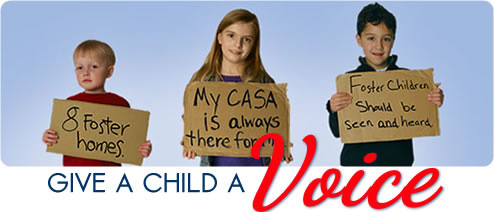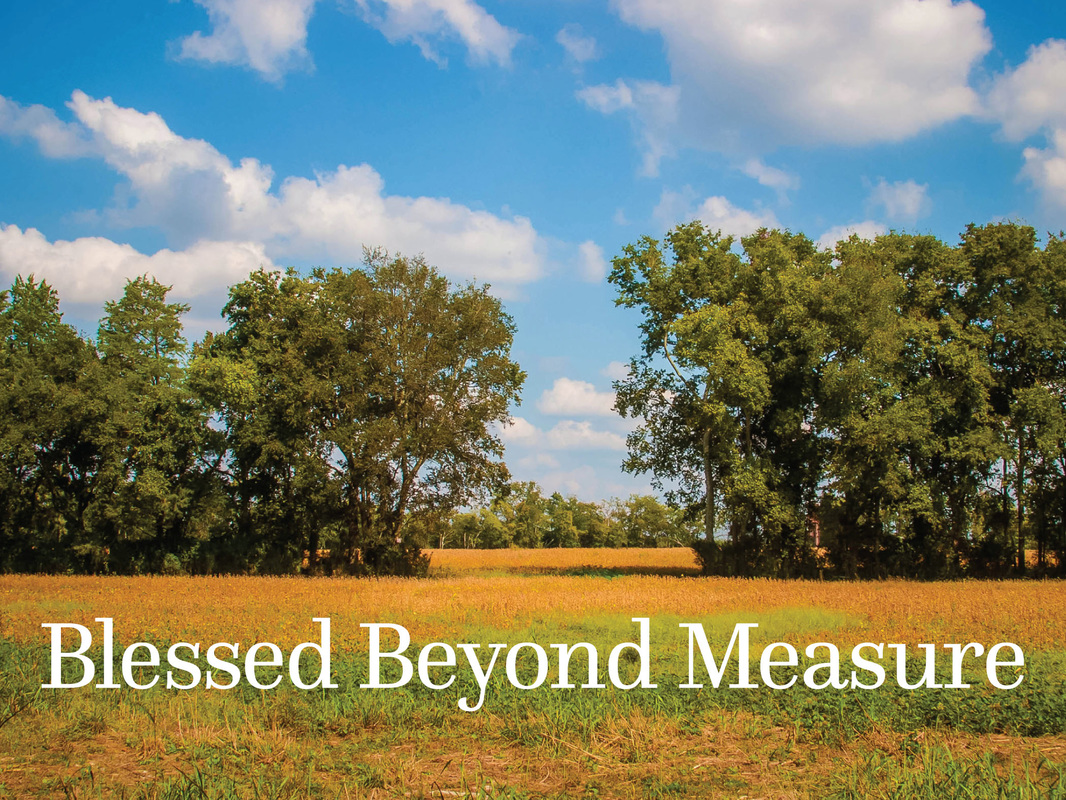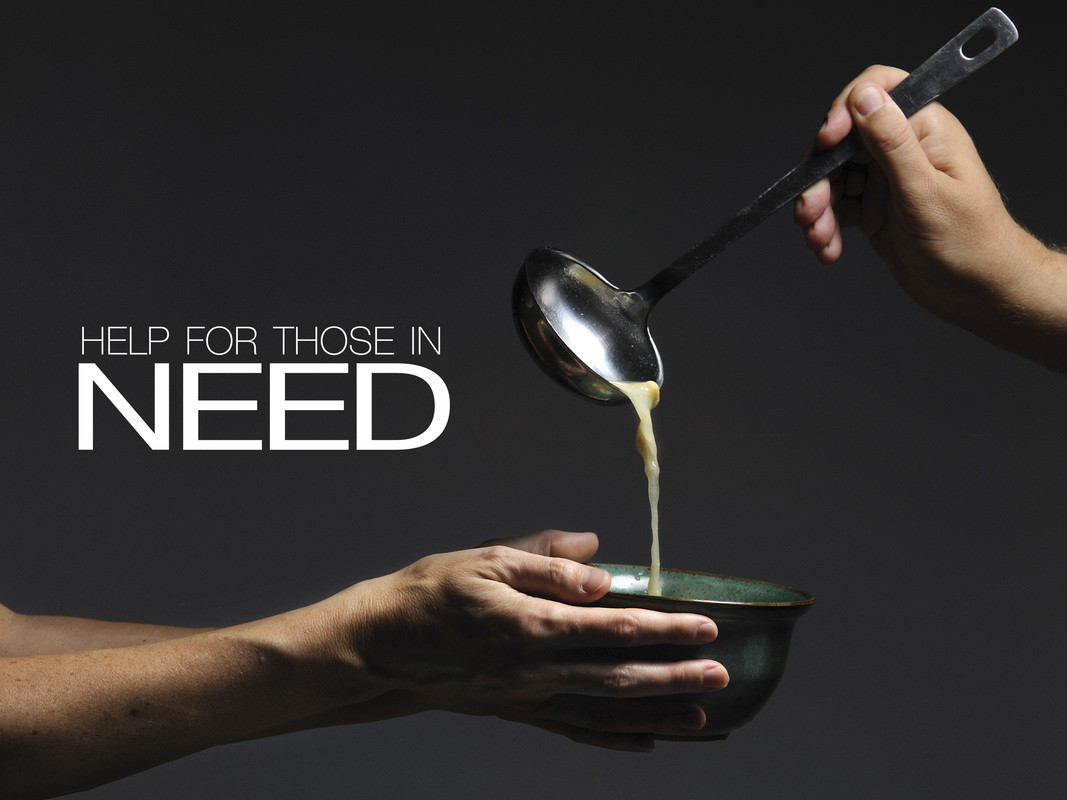|
By Chris Lilly
As a teenager I started volunteering in our local hospital as a candy-striper doing whatever task the hospital needed me to attend to at the time. I found a good feeling come over me after being at the hospital helping people. Shortly after Bob and I married I found myself in church agreeing to help assist with the third grade Sunday school class, after one year I was the sole teacher of the class. The children and I had so much fun together. Also around this time my husband and I became foster parents and over the next couple of years fostered two young boys. Since coming to Lafayette in 2013 I have worked in the United Way program Read to Succeed, this will only take an hour a week of your time and is a huge help to the elementary schools. There is a background check but there is no training to go through other than meeting the principal and teacher whose class you are assigned to through the program. We all know how to read and you just listen to the child read and encourage them to read well, make sure they comprehend what is being read. The children for the most part are thrilled to have someone come just for them each week. Read to Succeed also holds a Kindergarden Camp which was at the school I read at. I volunteered for Camp for 3 weeks. At camp one of the students shared a personal story with me and I could not quit thinking about that child carrying that burden. Why such a young babe should need to deal with such adult issues and that lead me to my next volunteer role. Becoming a CASA, Court Appointed Special Advocate involves a lengthy set of classes to go through. There are entrance and exit interviews with the CASA staff. Afterwards you take your oath with the judge in the courtroom. Then you are assigned to your first abuse and/ or neglect case of a child. You have a choice of age groups and type of cases you are or are not willing to work with. A CASA is the child’s voice in court. The judge may not actually visually see the child; only see the child on paper. Kids ten years and older are allowed to attend court hearings and with the approval of the judge. The DCS caseworkers have so many cases today that the role of the CASA has become extremely important to all in the courtroom. The CASA is consistent with the child, visiting often and calling to check in with the family or other sources. The judge relies on the case manager, CASA’s reports and verbal comments in the courtroom. All CASA’s advocate for the best interest of the child. The CASA gives each child a chance for a safe and permanent home. Knowing that I can be a positive, make a difference in the life of a child is what it is about for me. To give a voice to those who may not even be able to speak: how could you not want to do this as a few of us at Trinity now do.
0 Comments
By Morris DuBose
Exactly what a blessing is, is sometimes hard to pin down. The low hanging fruit of blessing is money. It’s very tangible nature makes it easy to decide if you’ve been blessed. And handing it out makes it easy to see if you’ve been a blessing. Other blessings are slightly more intangible, and less considered. Most people don’t think of their social status as a blessing, but it is. Think of a time when you were new. A time when you were nervous. You were alone. An outsider. For me, “blessed to be a blessing” is inviting the new person to join me. It’s trying to get to know the person with whom I wouldn’t naturally connect. It’s easier to stand up to a bully, than to sit with an outcast. And since elementary school, one thing that always pricked the Holy Spirit within me was the isolation of others. When the mid-year transfer student came to my high school she sat near the front of the bus and stared blankly out of the window. Looking for all the world that she’d lost her life in a way that didn’t involve death. So, I sat next to her. And she talked about the parts of her family that she had to leave behind. And we became friends. And my friends became her friends. I didn’t give her money, or shelter, or a job. I gave her the chance not to be a stranger in a strange land. Who in your acquaintance is new, or nervous, or alone, or an outsider? Blessing them will require exactly what you have. By Dinah Dalder
My interest in food and nutrition began when I took an advanced foods course as an elective in high school. I had a wonderful teacher and I loved learning about the composition of foods and why our bodies needed different vitamins and minerals. I also got interested in cooking during that time and still use recipes I copied by hand from magazines and my mother’s cookbooks. I went to college with the plan on becoming a Registered Dietitian and that goal was fulfilled after getting my degree in Human Nutrition from the University of Michigan and completing a 6 month dietetic internship at Henry Ford Hospital in Detroit. I moved to Indiana and decided It would be a good idea to get my Masters degree at Purdue University while we were “in town.” I had the good fortune to be hired by Evelyn Abel as her graduate teaching assistant at Purdue and she was one of the reasons my husband and I became members at Trinity. After finishing my graduate degree, I worked as a clinical dietitian at Home Hospital. Many things in nutrition changed over the 15 years I worked at the hospital, including the recognition of the importance of nutrition in helping patients get well and stay well. I loved working with the most challenging patients – those who could not eat or could not eat enough nourishing food. It was my mission to team up with the doctors and nurses to find a way for these patients to get enough nutrition. As a member of Trinity, I started volunteering with the Community Meal when some extra help was needed and eventually became the volunteer coordinator. The Community Meal provided a free lunch for anyone who came to eat at noon on Sundays. It was a blessing to have another way for me to use my training in foods and nutrition. Although I had lots of experience working with hospitalized individuals, I was shocked by the eating challenges I noticed in the people who came to eat at the Community Meal. Many of the guests’ teeth were in terrible condition. Volunteers brought in lovely fresh fruit and vegetables, but the guests turned the food away because they could not chew well enough. I was able to help give ideas to the volunteers bringing food so that the guests would have healthy food that they could eat. Volunteering at the Community Meal to help people receive adequate food was a hugely rewarding experience for me. I was able to use my professional training and background to serve those in need and help advise volunteers about possible menu items. I learned a lot from the people who came to the meal and discovered how difficult it was for these individuals to have enough nutritious food to eat. Most of the guests were so thankful for the meal and appreciated everything the volunteers were providing. It was a blessing for me to help this vulnerable population and I am grateful for this opportunity. |
Trinity VoicesSee what people are saying about Trinity. Read and watch testimonies. Categories
All
Archives
December 2020
|
Trinity United Methodist Church
Growing in love and service through relationships with God and community
|
Connect with Us:
|
|



 RSS Feed
RSS Feed





